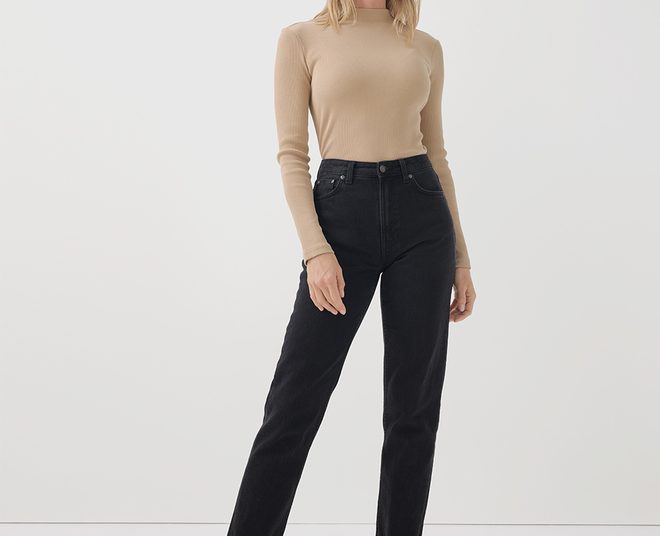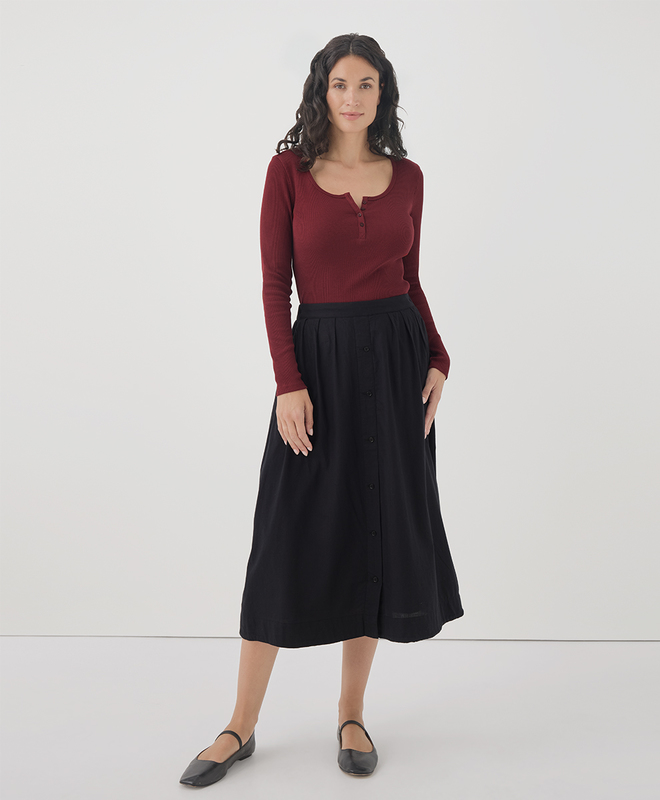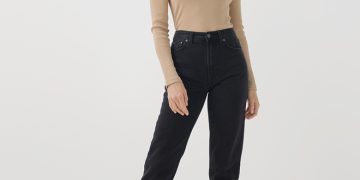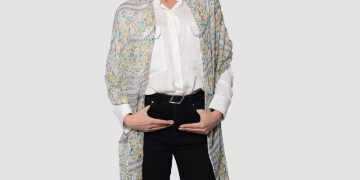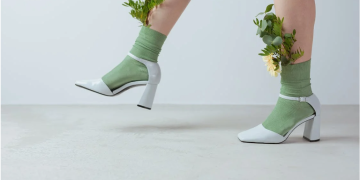Introduction: A Growing Trend Toward Sustainable Fashion
In the world of fashion, sustainability and ethical practices are no longer fringe topics. More consumers are becoming aware of the environmental and social impacts of the clothes they wear. Enter Pact, a brand that aims to revolutionize the fashion industry with its unwavering commitment to organic cotton, fair trade practices, and a focus on eco-friendly production. Pact has emerged as a leader in sustainable fashion by creating high-quality, comfortable clothing that doesn’t compromise the planet or the people who make the clothes.
This article delves deep into the essence of Pact, highlighting its mission, sustainability efforts, ethical labor practices, and how it’s setting an example for the future of fashion. By understanding Pact’s values and initiatives, consumers can make informed decisions that align with their eco-conscious lifestyle.
The Origins of Pact: A Brand with a Mission
Pact was founded with a clear and noble mission—to create the world’s most comfortable clothes without destroying the environment. Pact’s founders, Jeff Denby and Brendan Synnott, recognized the damaging impact of fast fashion on the environment and wanted to provide a sustainable alternative. Since its inception, Pact has focused on using organic cotton, reducing its environmental footprint, and ensuring that all aspects of its supply chain adhere to ethical standards.
While Pact started small, focusing on essential basics like underwear and T-shirts, it has since grown into a beloved brand offering a wide range of clothing, including women’s, men’s, and children’s apparel, as well as home textiles. What sets Pact apart is not just its comfortable and stylish designs, but its unwavering commitment to sustainability and ethical production.
Sustainability at the Core: The Importance of Organic Cotton
One of the key pillars of Pact’s commitment to sustainability is its use of organic cotton. Conventional cotton farming is one of the most environmentally destructive practices in the world. It requires vast amounts of water, synthetic pesticides, and fertilizers, which lead to soil degradation, water pollution, and harm to local ecosystems. Pact, however, takes a different approach by using only certified organic cotton.
What is Organic Cotton?
Organic cotton is grown without synthetic pesticides or fertilizers, which makes it healthier for the environment, the farmers, and ultimately the consumers. Pact’s cotton is also free from genetically modified organisms (GMOs), further reducing the environmental impact. Organic farming practices promote soil health, conserve water, and use farming techniques that support biodiversity.
The Impact of Conventional Cotton Farming
To truly appreciate the importance of organic cotton, it’s worth understanding the negative environmental effects of conventional cotton farming. The fashion industry is one of the most water-intensive industries in the world, with conventional cotton accounting for a large portion of that consumption. It takes approximately 2,700 liters of water to produce a single cotton T-shirt, a staggering amount that further contributes to water scarcity in many regions.
Moreover, the heavy use of pesticides and chemicals in conventional farming leads to soil depletion and water contamination. Pact’s decision to exclusively use organic cotton significantly reduces this impact, making their products far more eco-friendly.
GOTS Certification: Ensuring Sustainability
Pact is GOTS-certified, meaning that its organic cotton adheres to the Global Organic Textile Standard, the world’s leading processing standard for organic fibers. GOTS certification ensures that Pact’s cotton is grown, harvested, and processed in a way that maintains both environmental sustainability and social responsibility. From farm to finished product, GOTS-certified textiles meet strict criteria regarding toxicity, environmental impact, and labor conditions.
Eco-Friendly Production and Practices
In addition to using organic cotton, Pact has implemented various eco-friendly production practices to minimize its carbon footprint. The brand is committed to reducing its environmental impact throughout the entire production process, from sourcing raw materials to shipping the finished products.
Water Conservation
Water is a precious resource, and Pact is acutely aware of the importance of conserving it. By using organic cotton, Pact is able to significantly reduce water usage in the farming process. Organic farming relies on natural rainfall rather than artificial irrigation, which drastically reduces water consumption. Additionally, the production of Pact’s clothing uses more water-efficient techniques, further minimizing water waste.
Reducing Carbon Emissions
Pact also focuses on reducing its carbon footprint. The fashion industry is a major contributor to greenhouse gas emissions, and Pact has taken steps to mitigate its impact. By sourcing materials from organic farms and working with suppliers who prioritize renewable energy, Pact is able to reduce its overall carbon emissions. The company also works to minimize transportation emissions by sourcing its materials as locally as possible and using environmentally friendly packaging for shipping.
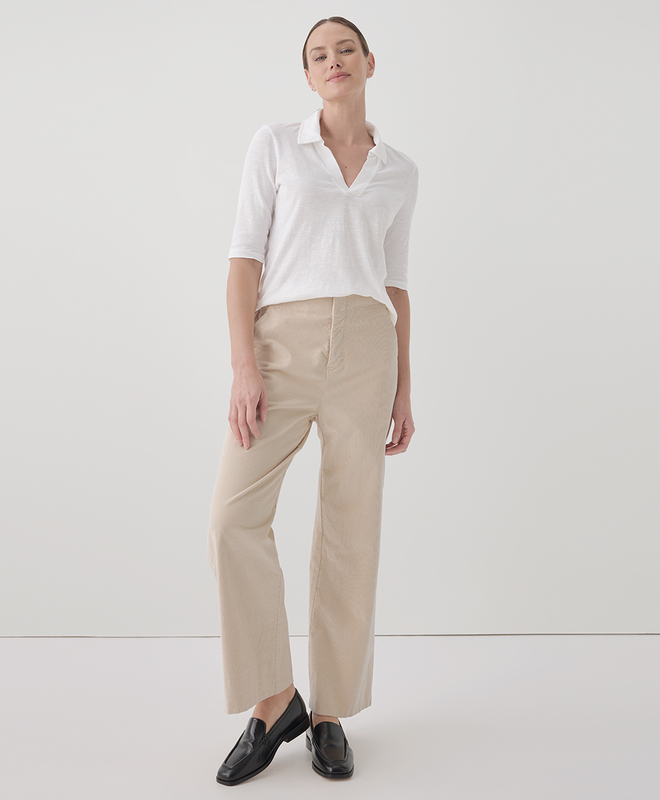
Eco-Friendly Packaging
Pact has committed to using sustainable packaging to reduce the waste associated with traditional retail. The brand ships its products in recycled and recyclable materials, cutting down on plastic waste and the environmental costs of disposable packaging.
Ethical Labor Practices: Ensuring Fair Trade and Safe Working Conditions
A sustainable fashion brand cannot truly be considered ethical if it does not also focus on the people behind the production of its garments. Pact ensures that its workers are treated fairly and work in safe conditions, aligning with the principles of Fair Trade.
Fair Trade Certified
Pact’s products are Fair Trade Certified, which means that the workers involved in the production of its clothing are paid fair wages and work in safe environments. Fair Trade certification also ensures that workers have access to basic rights, including the right to organize and bargain collectively.
Pact believes that fashion should not come at the cost of human dignity, and by partnering with Fair Trade-certified factories, the brand ensures that its supply chain is ethical from start to finish.
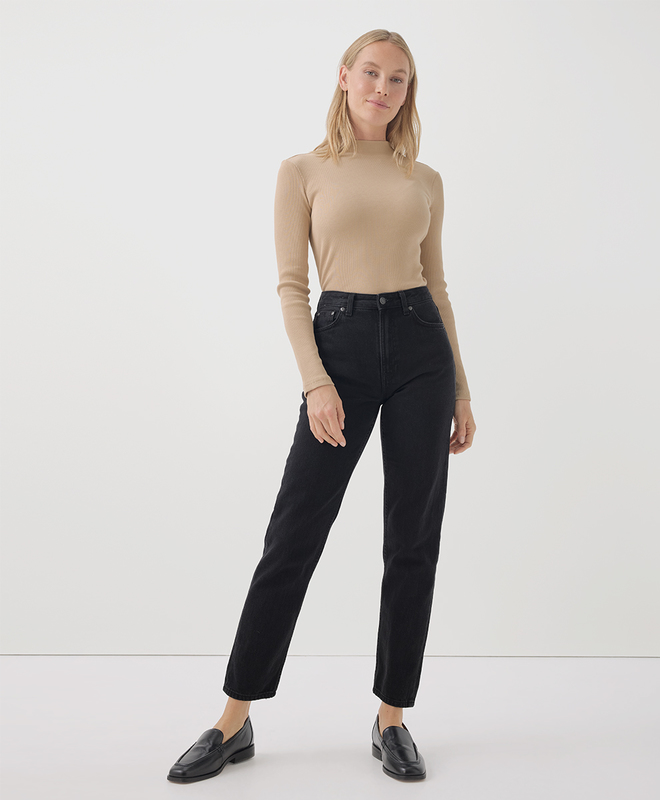
Supporting Farmers and Workers
By sourcing its organic cotton from Fair Trade-certified farms, Pact supports sustainable livelihoods for farmers. This helps to break the cycle of poverty that many cotton farmers find themselves in due to the exploitative practices of conventional cotton farming. Fair wages and safe working conditions improve the quality of life for these farmers, while organic farming techniques protect their health and the health of their communities.
Product Range: What Pact Offers
While Pact is primarily known for its commitment to sustainability, it also offers a wide range of clothing and home goods designed for comfort, quality, and style.
Women’s Apparel
Pact’s women’s collection includes leggings, bras, dresses, tops, underwear, and more. Each piece is made from organic cotton and designed to be both comfortable and stylish. Whether you’re looking for everyday basics or something a bit more special, Pact’s women’s line offers a variety of options, all while maintaining the brand’s commitment to sustainability.
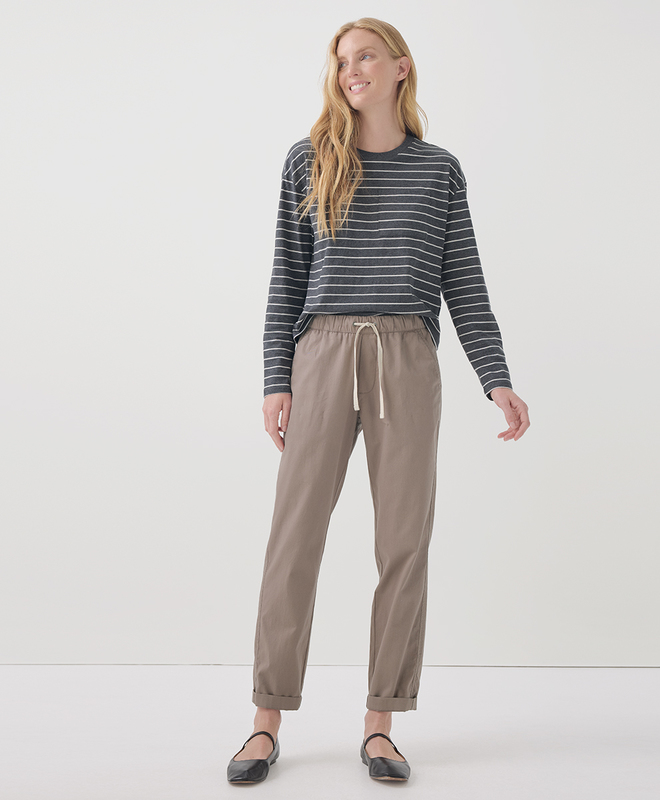
Men’s Apparel
For men, Pact offers a selection of T-shirts, underwear, sweatshirts, and joggers, all made from organic cotton. These essentials are perfect for everyday wear and are designed with comfort and durability in mind.
Baby and Kids’ Clothing
Pact also caters to children with a range of baby and kids’ clothing that is soft, gentle on sensitive skin, and eco-friendly. Parents who are concerned about the chemicals used in conventional fabrics can rest easy knowing that Pact’s baby and kids’ clothing is free from harmful substances.
Home Goods
In addition to clothing, Pact has expanded its offerings to include home goods such as organic cotton towels, bedding, and bathrobes. These products allow consumers to incorporate sustainable and ethical practices into their homes, further promoting a lifestyle that is gentle on the planet.
Pact’s Impact on the Fashion Industry
Pact is not just another fashion brand—it’s part of a larger movement toward sustainable and ethical consumption. As more consumers demand transparency and responsibility from the brands they support, companies like Pact are setting a new standard for what fashion should look like in the 21st century.
By prioritizing organic materials, ethical labor practices, and environmentally friendly production methods, Pact is showing that it’s possible to create stylish, comfortable clothing without harming the planet or the people who make the clothes. Pact’s success proves that consumers are willing to support brands that align with their values, and it’s inspiring other companies in the fashion industry to rethink their practices.
The Future of Pact: Continuing the Commitment to Sustainability
Looking ahead, Pact shows no signs of slowing down in its quest to make fashion more sustainable and ethical. The brand continues to innovate, finding new ways to reduce its environmental impact and expand its product offerings. As more people become aware of the importance of sustainability in fashion, Pact’s role as a leader in this space will only grow.
Conclusion
Pact has emerged as a game-changer in the fashion industry by combining comfort, style, and sustainability. Through its use of organic cotton, commitment to fair trade, and focus on eco-friendly production practices, Pact has set a new standard for ethical fashion. Consumers who are looking for high-quality, sustainable clothing can trust that Pact not only provides excellent products but also upholds the values that are increasingly important in today’s world.
By choosing Pact, consumers are not only investing in durable, stylish clothing but are also supporting a brand that prioritizes the health of the planet and the well-being of the people involved in every step of the supply chain. As the demand for sustainable fashion grows, Pact is well-positioned to continue leading the way toward a more ethical and environmentally responsible future.
